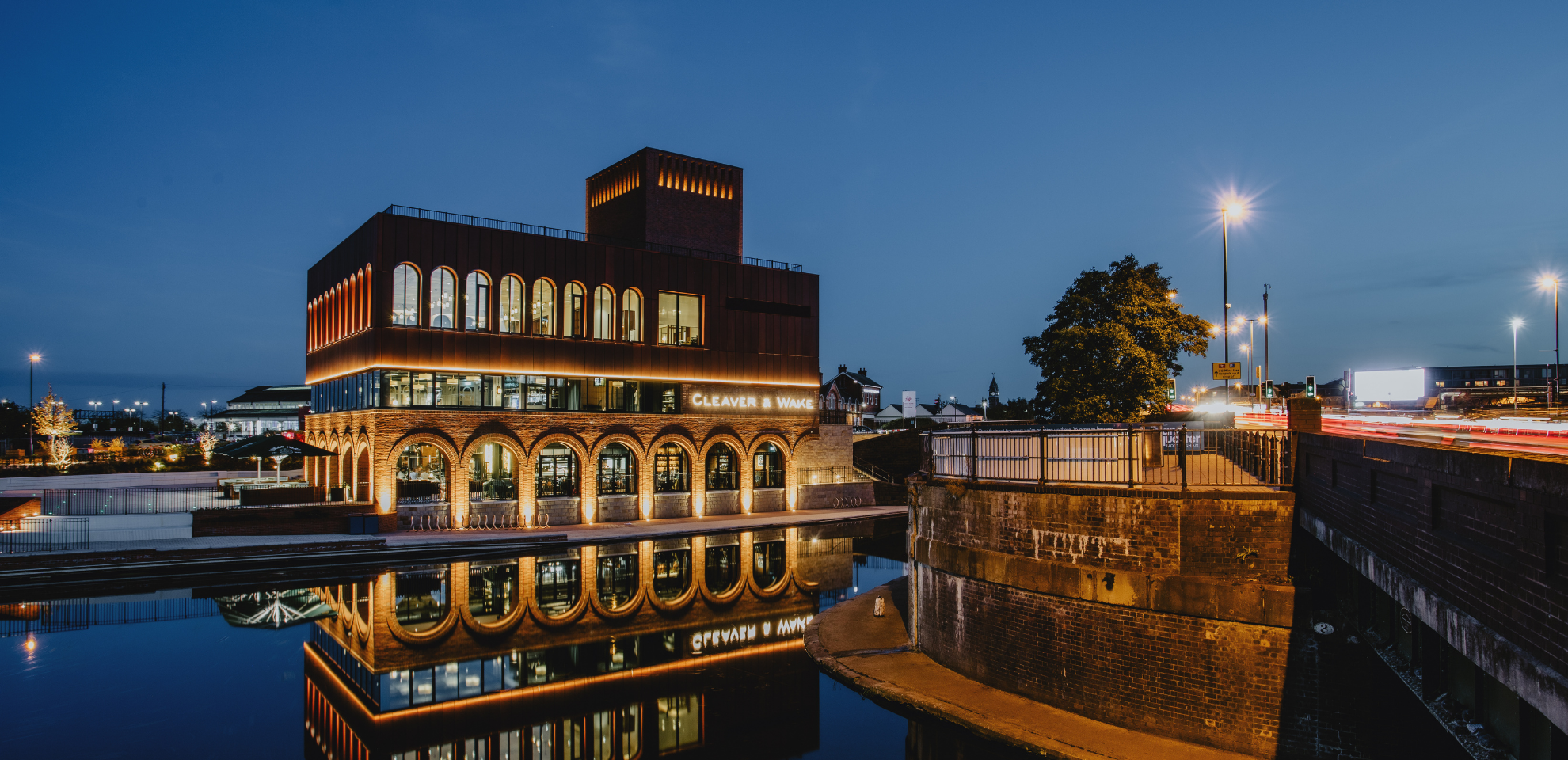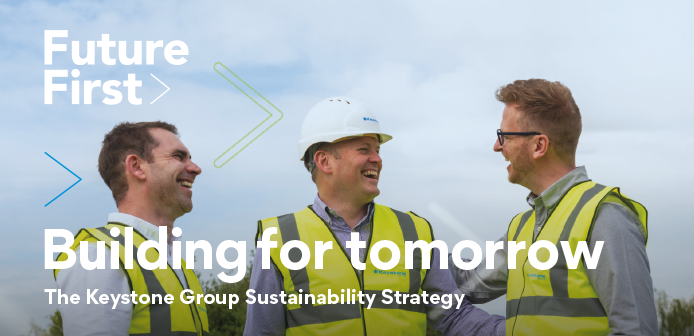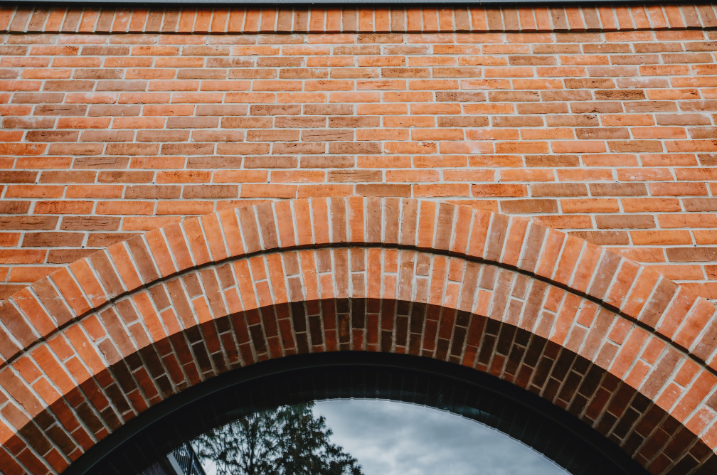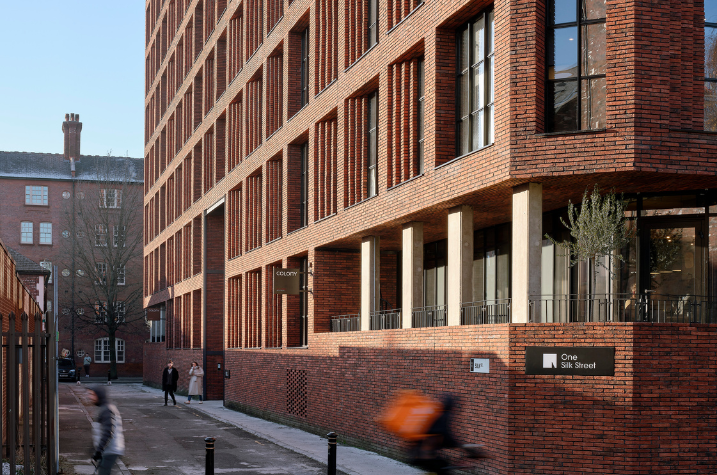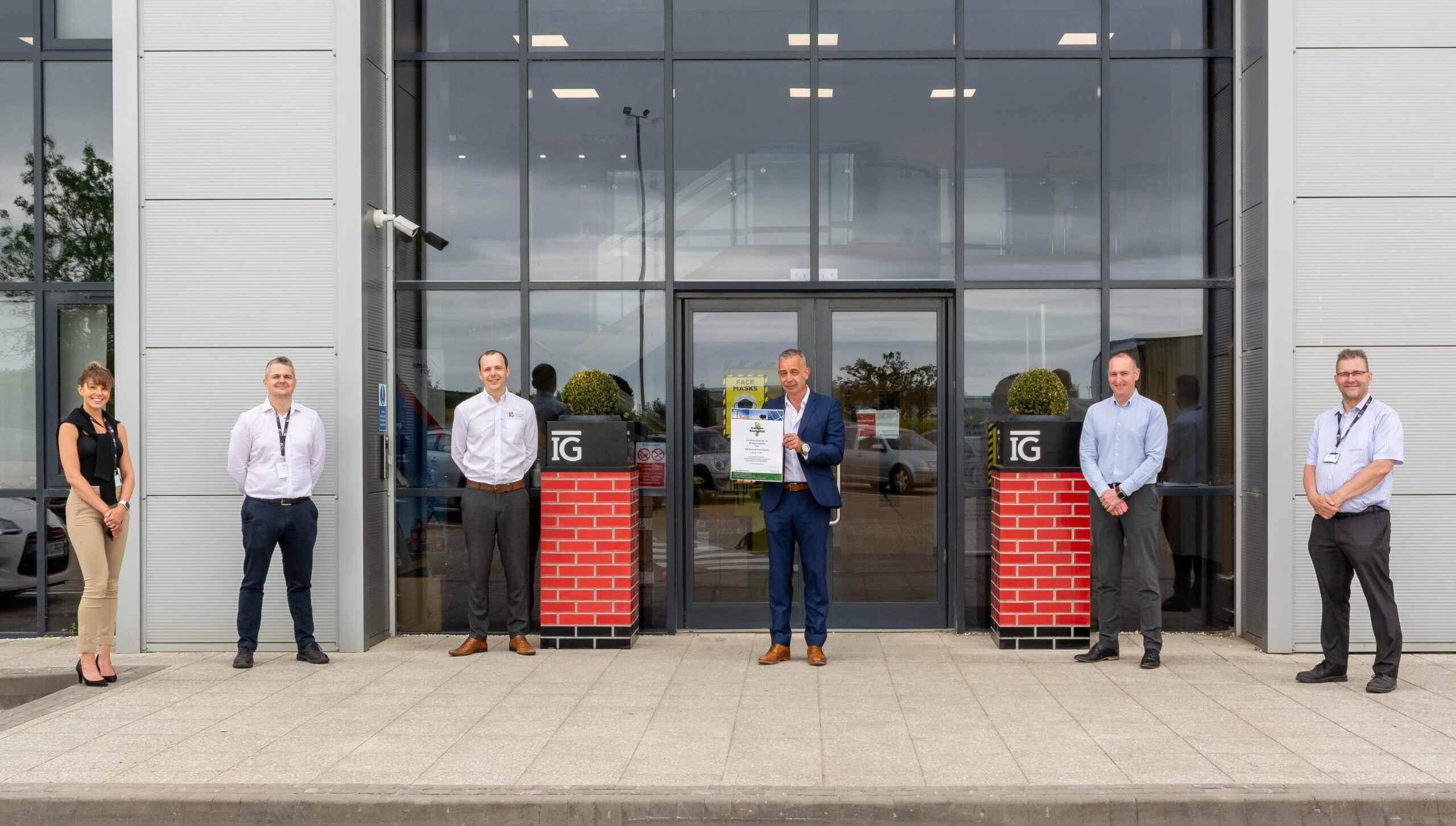On our journey to a more sustainable built environment, building product manufacturers must look at both the now and the future role they play. Specifiers need to think about the materials used in buildings and their environmental impact throughout their lifecycle. From manufacturing processes to material specification, these choices matter. At IG Masonry Support, this challenge has become a driving force in how our company operates and why it is committed to improving efficiencies and driving product innovation which will enable the design and construction of more sustainable buildings.
Our sustainability journey began in 2020 with the goal of delivering our B.O.S.S A1 (Brick on Soffit System) as a Carbon Natural solution. Soon after, we assessed our entire company footprint. Today, it’s not just expected but it’s more important than ever to measure the environmental impact of our manufacturing processes, materials, and supply chain. What started as a series of small operational improvements quickly evolved into a long-term strategy that has reshaped our thinking across all departments.
Our leadership team and employees are fully aware of the challenges posed by climate change and environmental degradation. That’s why we made a collective decision to commit to annual Carbon Footprint reporting and to respond proactively to our findings. In 2021, IG Masonry Support became the first masonry support manufacturer in the UK to achieve Carbon Neutral status. While we recognise that credible carbon credit schemes are not a long-term solution for achieving Net Zero, we are seeing a year-on-year reduction in the emissions we need to offset. For us, this marks significant progress. We’re proud to continue investing in responsible initiatives, including renewable energy technologies, while working to reduce our operational impact.
Reducing our carbon footprint doesn’t happen overnight. It requires sustained commitment, targeted investment, and strategic upgrades, all intentionally aimed at lowering emissions. This has included significant improvements at our manufacturing sites in Swadlincote and Cookstown, such as transitioning to 100% renewable energy tariffs, adopting electric-powered equipment, and enhancing our manufacturing technologies. We’ve replaced diesel forklifts with electric alternatives, expanded our recycling facilities, and ensured that zero waste is sent to landfill, a critical benchmark in sustainable manufacturing.
B.O.S.S A1
One of the defining moments in our sustainability journey was the development of B.O.S.S. A1. Our Brick on Soffit System not only meets but exceeds the latest A1 fire regulations. Designed to deliver superior aesthetics and structural integrity, B.O.S.S. A1 gives the appearance of unsupported brickwork while significantly simplifying installation.
What makes this product truly stand out is its environmental profile. It became the first carbon neutral product of its kind on the market, combining functionality, compliance, and sustainability. Achieving this milestone gave us the confidence and motivation to take our ambitions even further.
The certification of B.O.S.S. A1 was just the beginning. It demonstrated that sustainability can be designed into a product from the outset and that environmental performance doesn’t have to come at the expense of structural or aesthetic quality.
Science Based Targets
To ensure that our sustainability strategy was both robust and achievable, we engaged with Carbon Footprint Ltd. With their guidance we have developed measurable targets to align with the Science Based Targets initiative (SBTi) methodology, a globally recognised framework that helps companies set and achieve ambitious emissions reduction targets.
Through this framework, we identified and analysed our Scope 1, 2, and 3 emissions, giving us a comprehensive understanding of our carbon footprint. This transparency allowed us to identify immediate actions in areas like energy use and transport, while also highlighting the importance of collaboration with suppliers and partners to drive reductions across the supply chain. We are now on track to meet the 1.5°C Paris Agreement target, joining thousands of companies worldwide in tackling climate change.
None of what we have achieved would be possible without the dedication of our entire team. Sustainability is embedded within the culture at IG Masonry Support. From design to production, every individual plays a role in driving our environmental progress. Backed by ISO 9001, ISO 14001, and BBA certifications, our commitment to excellence is clear.
Looking ahead, our goal is to continue leading the way in sustainable product manufacturing and bringing innovative, responsible solutions to market.



